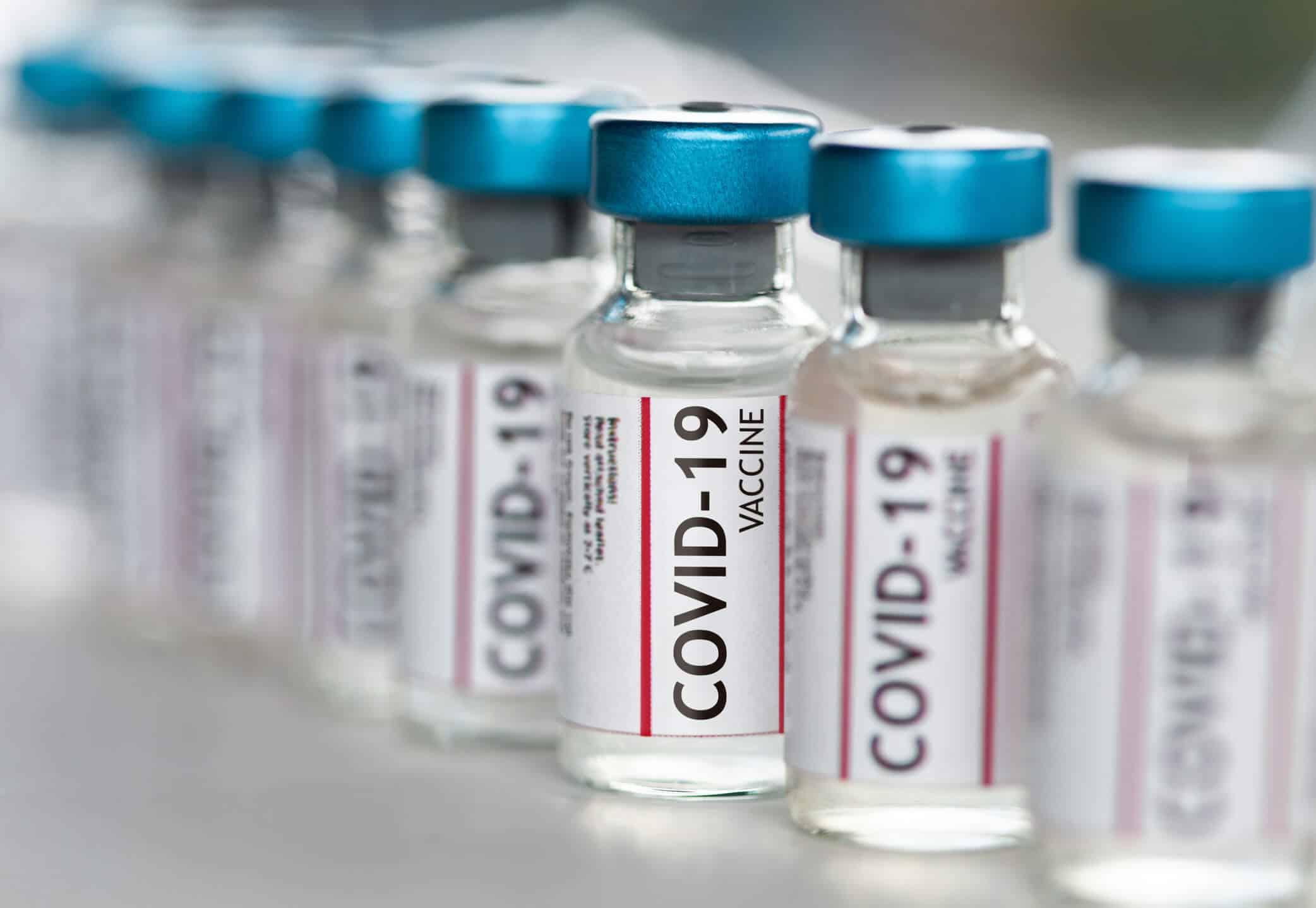Now that vaccine distribution has begun, we are gaining a clearer picture of what the global distribution effort will entail. Getting billions of vaccine doses to health care providers safely will require the supply chain to overcome obstacles exponentially more complex than those faced during the PPE demand surge last spring. Here’s a look at what to expect.
A Monumental Effort
According to Seabury Consulting, somewhere in the range of 11 billion to 15 billion doses of the vaccine will be needed worldwide, with 350 million earmarked for the U.S. To understand the magnitude of this effort, consider that 169 million doses of the flu vaccine were distributed last year, and distributing the COVID-19 vaccine through these same channels will require a fourfold increase in capacity. DHL estimates the need for around 200,000 pallets and 15 million cooling boxes via 15,000 flights.
The magnitude of the challenge ahead brings several challenges to the global supply chain, including:
1. Addressing Varied and Complex Requirements
Logistics personnel will need to solve for variations in requirements across different types of the vaccine. This will be complex, given that 250 different COVID-19 vaccines are currently under development, and each new vaccine brings new storage, handling, and shipping challenges.
2. Maintaining Extremely Cold Temperatures
The Moderna vaccine’s temperature requirements are typical for refrigerated pharmaceutical loads in the U.S. However, Pfizer’s vaccine must be stored at approximately -100 degrees Fahrenheit, which makes temperature maintenance extremely difficult when scaling for massive quantities. Pfizer developed shipping containers designed to maintain the extremely low temperature using dry ice. According to one Department of Health employee, the dry ice provided with each shipment will need to be replenished, making safe storage a challenge for facilities and health care providers in rural communities.
3. Finding Needed Cargo Capacity
According to the International Air Transport Association (IATA), air shipping capacity is currently constrained due to heavy downsizing across the commercial airline industry and the relocation of idle aircraft to long-term storage. UNICEF and other non-profits that distribute routine, non-COVID-19-related vaccines globally have already reported changes to their plans due to this lack of capacity.
Reefer trucks are always in high demand, and vaccine distribution will further tighten capacity. In some U.S. regions, where reefer capacity is particularly tight during the colder months, vaccine distributors will need to compete for capacity with food shippers and others who need to protect their goods from temperature fluctuations during transit.
Given the pandemic’s surge in e-commerce, experienced last-mile drivers are also growing increasingly hard to find. The military, government and first responders, hospitals, public health clinics, pharmacies, mobile sites, and large employers that will administer vaccinations to priority groups will need these drivers for ongoing vaccine deliveries, along with deliveries of related goods like gloves and syringes.
4. Upgrading Facilities
To accommodate vaccine storage and distribution, the cold chain must build out new and/or temporary temperature-controlled facilities, and hire staff trained to handle the temperature-sensitive vaccines. These facilities will also require robust and specialized monitoring capabilities to maintain vaccine integrity.
5. Enhancing Security
COVID-19 vaccines will be extremely valuable in the months ahead and beyond. To protect shipments from tampering and theft, members throughout the supply chain will need to revisit and build upon existing security measures to ensure scalability.
Mission-Critical Expertise
Supply chains around the world are facing a logistics challenge of historic proportions. As the massive effort gets underway, all members of the supply chain will need to bring a new level of focus and precision to their work. Meticulous order fulfillment will be absolutely critical. Shippers must ensure that every package arrives safely and on time while meeting all requirements to the letter. Because lives literally depend on it.
Need an experienced 3PL partner for your temperature-sensitive pharmaceuticals? Capstone Logistics specializes in transportation, warehousing, and monitoring for high-risk, high-value products. Contact us for more information.

